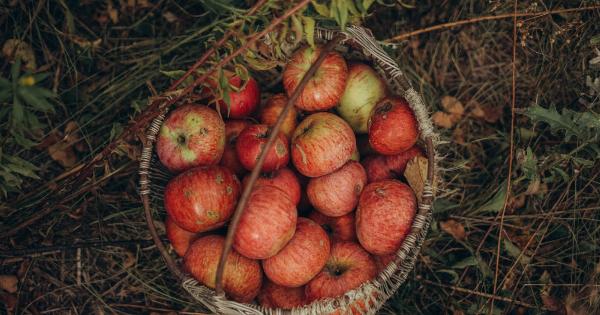When it comes to nutrition for children, parents often find themselves faced with numerous questions and concerns. One common debate revolves around whether or not kids should consume fruit juice.
While fruit juice can be a convenient way to provide some essential vitamins and minerals, there are also potential drawbacks to consider. In this article, we will explore the pros and cons of kids drinking fruit juice, helping you make an informed decision for your child’s health.
The Advantages of Fruit Juice
1. Nutrient-rich: Fruit juice can be a valuable source of essential nutrients like vitamins C, A, and potassium. These nutrients play crucial roles in supporting growth and development in children.
2. Hydration: Children often struggle to meet their daily fluid intake requirements. Offering them a glass of fruit juice can be an effective way to increase their overall hydration levels.
3. Antioxidants: Many fruits used to make juice contain antioxidants, which help protect the body against harmful free radicals. These antioxidants can boost your child’s immune system and improve their overall health.
4. Fiber content: Although fruit juice typically contains less fiber than whole fruits, some varieties like orange and prune juice still offer a decent amount. Fiber aids digestion and can help prevent constipation in children.
The Risks and Disadvantages
1. High sugar content: One of the primary concerns about fruit juice consumption is its high sugar content.
Even 100% fruit juice can contain a significant amount of natural sugars, which can contribute to tooth decay and weight gain if consumed excessively.
2. Lack of satiety: Unlike consuming whole fruit, drinking fruit juice does not provide the same feeling of fullness due to its liquid form. This can lead to overconsumption and an imbalance in calorie intake.
3. Dental issues: The sugar in fruit juice can increase the risk of tooth decay, especially when children consume it frequently during the day or at bedtime.
4. Limited nutrient variety: While fruit juice may offer certain vitamins and minerals, it lacks the wide array of nutrients found in whole fruits, such as dietary fiber and phytochemicals.
Encouraging children to eat a variety of fruits can provide a more balanced nutrient profile.
Guidelines for Fruit Juice Consumption
Considering the pros and cons, it is important to establish some guidelines for fruit juice consumption in children:.
1. Age: Infants under 1 year old should not be given fruit juice, as it can displace the intake of breast milk and infant formula. For toddlers and older children, moderation is key.
2. Portion sizes: Limit the amount of juice your child consumes to 4-6 ounces per day for children aged 1-6 and 8-12 ounces per day for children aged 7-18.
These guidelines help prevent excessive sugar intake while still allowing for some nutritional benefits.
3. Choose 100% fruit juice: Opt for varieties that are 100% fruit juice without added sugars or artificial sweeteners. Read labels carefully and avoid fruit drinks or punches that are primarily made up of sugar and water.
4. Encourage whole fruits: Emphasize the consumption of whole fruits as primary sources of nutrients. Encourage your child to eat fresh fruits or opt for pureed options instead of relying solely on juice.
Conclusion: Finding Balance
While fruit juice can offer some nutritional benefits to children, it is crucial to approach its consumption with caution. Excessive intake can lead to an overconsumption of sugar and a lack of necessary nutrients found in whole fruits.
By following the outlined guidelines and emphasizing a balanced diet rich in various fruits, parents can make informed decisions regarding their child’s fruit juice consumption without compromising their health.





























